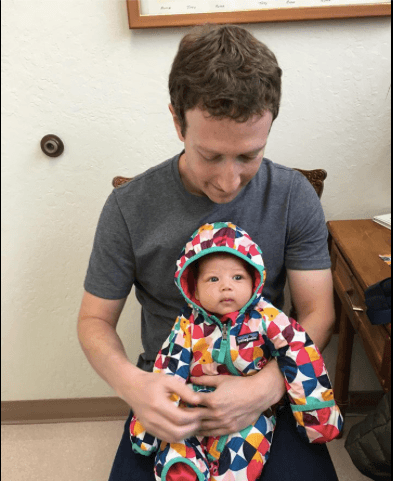If you want to start a fight on social media, just bring up vaccines. It gets tempers flaring in no time.
One case in point comes from Jan. 8, 2016, when Facebook CEO Mark Zuckerberg posted a picture of himself holding his baby daughter wearing a colorful winter onesie. The caption reads: “Doctor’s visit – time for vaccines!”
To date, the post has earned over 3.4 million comments. Many celebrate Zuckerberg’s personal touch in a public nod toward preventing infectious disease, while others counter that vaccines are a danger to society. Both sides provide lots of graphs, statistics, and name calling in between.
The colorful commentary accompanying this contentious post became the focus of a new study. Published in the journal Vaccine, the study considers how people from either camp express their viewpoints on vaccination.
Researchers examined over 1,400 comments using a linguistic analysis program designed to evaluate text for different emotions, thinking styles, and social concerns.







